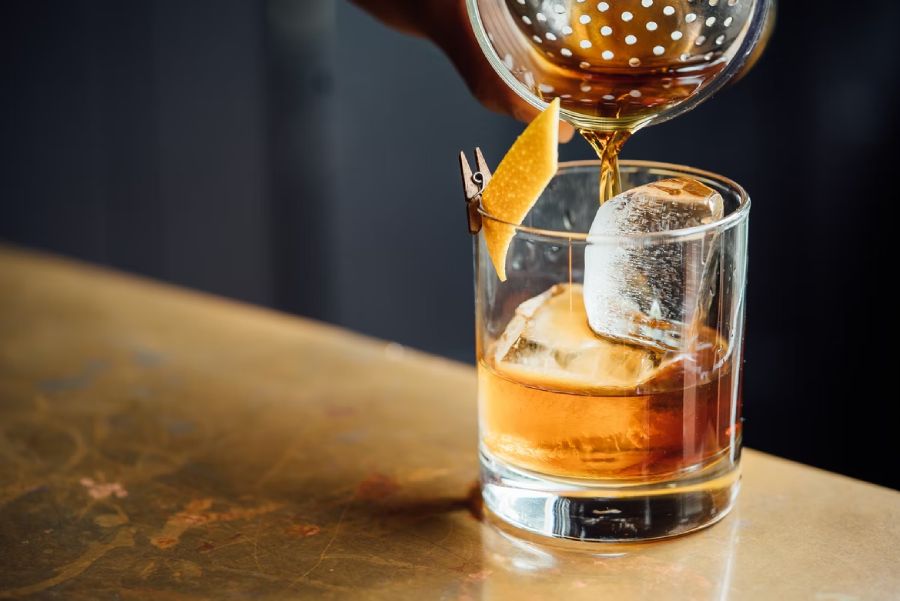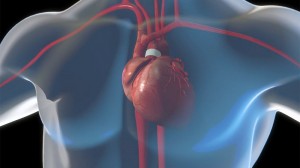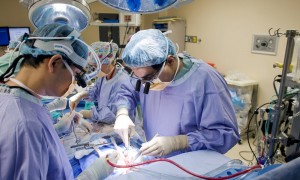Mitral valve prolapse generally does not affect your life. Many people with this condition manage to live normal lives and do not experience any symptoms. But if some symptoms are present, you may want to get proper treatment to prevent serious complications.
Maintaining a good and healthy diet is one of the ways to minimize the impact of floppy flaps syndrome in your life. While some foods are excellent for your heart health, others may affect the other way. One of the most common questions among these people is whether or not caffeine and alcohol are allowed.
Caffeine and alcohol can be problematic. These beverages have substances that interfere with blood circulation and your heart health, so it is a wise decision to limit your consumption or banish them from your diet list.
Is It Safe to Consume Caffeine and Alcohol?

The caffeine that you can get from coffee or tea has various advantages, such as improving mood, decreasing the likelihood of depression, and stimulating brain function. Moderate consumption of alcohol may also help reduce the risk of developing heart disease.
According to research ethanol and also caffeine can caused a notable echo changes in your mitral leaflet morphology.
That said, consuming these beverages when you have a heart condition such as mitral valve prolapse can lead to serious conditions. Caffeine worsens floppy flaps syndrome because it causes heart palpitations, panic attacks and anxiety.
Furthermore, your doctors may prescribe medicines to treat MVP that work against caffeine. This means consuming caffeinated drinks such as tea and coffee can reduce the effectiveness of your medicines.
Alcohol can interfere with blood circulation and trigger heart arrhythmias. It can also cause a temporary increase in blood pressure which may lead to high blood pressure in the long term. The same is true for sugar. If you have mitral valve prolapse, it can aggravate heart palpitations and irregular heartbeat.
Adults who want to enjoy alcoholic or caffeinated drinks can opt for non-alcoholic beer, a mocktail, or decaffeinated varieties to reduce MVP symptoms.
Lifestyle Changes If You Have MVP

Lifestyle changes are the key factor to living normally with floppy flaps syndrome. Though it does not require specific treatments, few changes can help you live a better life without symptoms. Here are things you can do if you have mitral valve prolapse:
1. Diet Changes
Changing your diet can prevent symptoms of MVP. Some beverages such as caffeinated and alcoholic beverages trigger heart palpitations, irregular heartbeats, and increased blood pressure. Sugary desserts can also cause issues because it leads to blood sugar spikes.
If you crave such foods and beverages, try to find alternatives. For instance, you can find decaffeinated drinks or non-alcoholic beers to replace caffeine and alcohol. Or you may opt for stevia and monk fruit as a substitute for sugar.
2. Do Exercise
Physical activities are important to maintain a healthy lifestyle, even if you have mitral valve prolapse. However, a few things need to be considered to prevent symptoms. Avoid rigorous exercises such as weight-lifting or high-intensity cardio.
Avoid any exercises that involve jumping such as plyometrics and burpees. Consult your doctor to know the types of exercises you can do.
3. Maintain a Healthy Weight
Obesity develops conditions like diabetes and high blood pressure. It also increases the risk of heart and circulatory diseases. Maintaining a healthy weight helps you prevent the symptoms and serious complications.
4. Avoid Tobacco
It has been long known that smoking develops plaque in your blood vessels and trigger blood clot. Cigarette smoke also thickens blood which leads to stroke and heart attack.
Overall, caffeine and alcohol do affect mitral valve prolapse as it triggers heart palpitation and increased blood pressure. People with heart conditions must avoid or minimize the consumption of alcoholic, caffeinated, and sugary beverages or foods to maintain a healthy life with MVP.




Leave a Reply